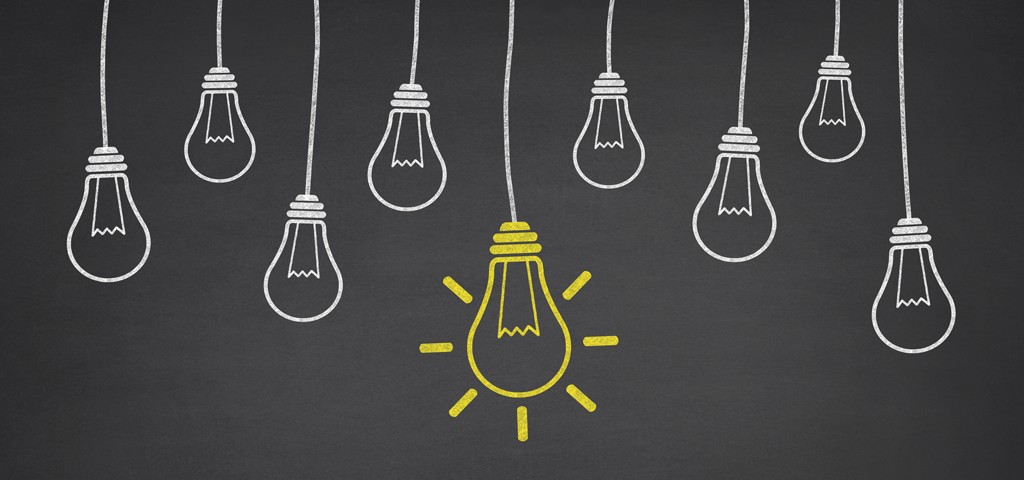NEON concludes in order to support the effective functioning of the retail market and to ensure effective consumer protection, data management, and complaint monitoring could be improved. It is important to collate consistent and up-to-date data from all energy ombudsman and ADR entities, whether members of NEON or not, as well as information about the nature and volume of complaints dealt with by the companies at the first tier.
NEON believes it would be useful:
- for the European Commission and the Member States to encourage ADR entities in the energy sector to be part of NEON and
- for companies to be obliged to provide information about the complaints they receive.
To reaffirm, in March 2015, the Citizen’s Energy London Forum concluded that “Full benefits [of the energy market] for consumers will require Data Management aimed at promoting efficient and safe data exchange”, improving the functioning of the retail market and promoting effective consumer protection.
In accordance with its 2015 work programme, NEON set up a working group to share experiences and good practices on complaint handling, data management, and monitoring processes. The working group concluded existing data management frameworks should be harmonised and that those frameworks should be adapted to address new challenges and priorities of the Energy Union.
With the development of bundled services, smart technologies, self-generation, cooperatives for renewable energy generation, etc., new opportunities and challenges are emerging for consumers, whether they are households or businesses. Stakeholders (including consumer and welfare organisations, suppliers, DSOs, regulators and policy makers) will only be able to respond quickly to those new issues if Ombudsman and independent ADR providers have a clear and measurable understanding of those challenges so as to manage new types of complaints and disputes.
NEON is therefore in the process of setting up additional common criteria to analyse the disputes received and build a common framework for data monitoring. This framework will be based on the European Commission Recommendation of 12 May 2010 on the use of a harmonised methodology for classifying and reporting consumer complaints and enquiries and CEER’s GGP Customer complaint handling, reporting and classification of 10 June 2010.
The Working group acknowledges that not all dissatisfied energy customers turn to the Ombudsman or ADR bodies for help. As mentioned in NEON’s position paper on the European Commission’s Energy Union, stakeholders should share responsibility for consumer engagement in the energy market. The Internal Energy Market must be tailored to consumers, especially the most vulnerable ones. Strong, accessible and fair ADR procedures are essential to achieving the goals of the Energy Union.
Citizens’ access to information on complaint handling and redress is crucial. NEON members currently publish annual reports with detailed data about the complaints they receive. However, this is only part of the picture. With greater transparency around the whole complaints landscape, especially the nature and volume of complaints made by EU consumers to companies, there will be greater opportunities to improve the functioning of the internal energy market.
A more exhaustive picture of complaint data would also provide the specific knowledge of consumer activity needed for Energy Union’s innovative energy services. Analysis of consumer activity will benefit from the expertise of the NEON network. Following Article 16.3 of the ADR directive, Member States should encourage ADR entities operating in the energy sector to become part of NEON, to underpin a comprehensive view of the energy market.
Hence, full completion of the Third Energy Package and the implementation of the ADR directive should remain priorities of the European Commission in order to complete the Energy Union.
Ombudsman and independent ADR providers are establishing a strategy to anticipate the new challenges described above. A dedicated working group on “complaints of the future” will further analyse these developments.
Ombudsman and independent ADR bodies will continue to work constructively with other stakeholders, to act as whistle-blowers and to provide a key advisory supports for policy makers. Systemic problems will be identified and solutions proposed to improve the service provided to all citizens, all consumers, not just to those who are the most likely to turn to the Ombudsman for help.

